Reflective Practices: A Pathway to Personal Growth and Understanding

Reflecting on oneself is an essential part of personal growth, mental health, and self-awareness. By turning our focus inward, we can better understand our behaviors, emotions, and experiences. In this article, we will discuss how embracing self-reflection can lead to meaningful personal change, share actionable strategies for incorporating this practice into your daily life, and guide you in developing a mindset centered on growth and understanding.
Understanding Reflection
Reflection involves thoughtfully considering one's actions, thoughts, and experiences with the goal of gaining deeper insight. It is not about placing judgment on past actions but understanding them with clarity. Many struggle with reflection because they associate past experiences with guilt or shame. However, by adopting a non-judgmental outsider perspective, we can observe these experiences with curiosity rather than criticism. This shift is essential for learning from the past without the weight of negative emotions.
Benefits of Reflection
- Enhanced Self-Awareness: Understanding one's motivations and patterns can lead to healthier choices.
- Emotional Regulation: By reflecting, we can learn to process emotions better, reducing instances of anxiety or anger.
- Improved Relationships: Reflecting on interactions helps us adjust our approach, improving communication and empathy.
- Goal Achievement: Reflection allows for setting clear objectives and refining strategies for reaching them.
Strategies for Effective Reflection
Engaging in regular reflective practices can transform your personal and professional life. Here are some strategies that have worked for many of our clients and can work for you too:
- Adopt the Observer Mindset
Imagine viewing your life through the eyes of an impartial observer. This technique can remove emotional bias, allowing you to see experiences for what they truly are. Ask yourself:
- What happened in this situation?
- How did I feel, and why?
- What did I learn from this?
- Utilize Feedback
Gaining perspective from others can illuminate blind spots in your self-assessment. Regularly ask trusted friends or colleagues for their views of your behaviors or decisions. This practice fosters openness and self-awareness.
- Practice Journaling
Writing about experiences can clarify thoughts and emotions. Set aside time to journal daily, focusing on:
- Challenges you've encountered.
- Joys and successes.
- Lessons learned.
- How am I feeling in this moment (Name one feeling)
- Where do I feel this feeling in my body (identifying your physical sensation associated with the emotion helps to process it)
- What was my favorite moment today (or yesterday, this week)?
- Why was this moment special to me? (It helps you identify what you value in life)
- When did I feel confident (or happy, peaceful, etc) today / this week?
- When I feel confident (or happy, peaceful, etc), how do I act differently than when I do not? How do people interact with me differently?
- What is one small change that I could make that would have a big impact on helping me feel more confident (or happy, peaceful, etc)?
- Set Defined Goals
For reflection to lead to growth, goals must be clear. Define what you want to achieve, and regularly assess your progress. Consider:
- What specific objectives make up your primary goals?
- Are these goals realistic and manageable?
- Do you have the resources necessary to achieve them?
Reflection in Action: Personal Experiences and Insights
Countless clients have found profound growth through reflective practices. For instance, we have had several clients that struggled with self-doubt due to emotional abuse in childhood. By reflecting on these past experiences, they gained a better understanding of current behaviors and the root cause. This awareness allowed for purposeful, positive change.
The Role of Reflection in Healing
Those dealing with past trauma find reflection particularly beneficial. By acknowledging the impact and adapting behaviors, individuals can achieve closure and move forward constructively.
Real-World Applications of Reflection
Reflection is not confined to individual growth; it effectively enhances relationships, careers, and overall well-being. Here are some practical ways to implement reflection into everyday life:
- Daily Check-Ins: Spend a few minutes each evening reviewing your day. What went well? What could improve?
- Meditation and Mindfulness: Incorporate these practices to promote calm reflection and present-moment awareness.
- Regular Evaluations: In professional settings, set aside time for frequent self and team evaluations to foster a culture of continuous improvement.
Conclusion
Beginning a reflective journey offers countless benefits for personal development and emotional health. Whether you're seeking to better understand yourself, improve your relationships, or progress in your career, reflection is key. Begin incorporating these reflective practices into your daily routine to see meaningful changes in your life.
Start your journey with TN Mental Wellness to receive guided support and deepen your understanding of yourself. Together, we can navigate your path to mental well-being and personal growth, fostering a life of balance and fulfillment.

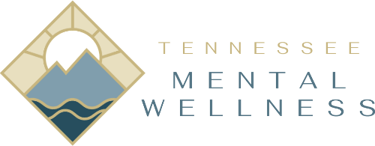




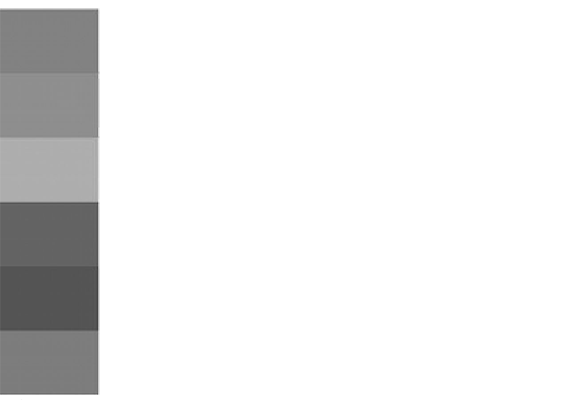
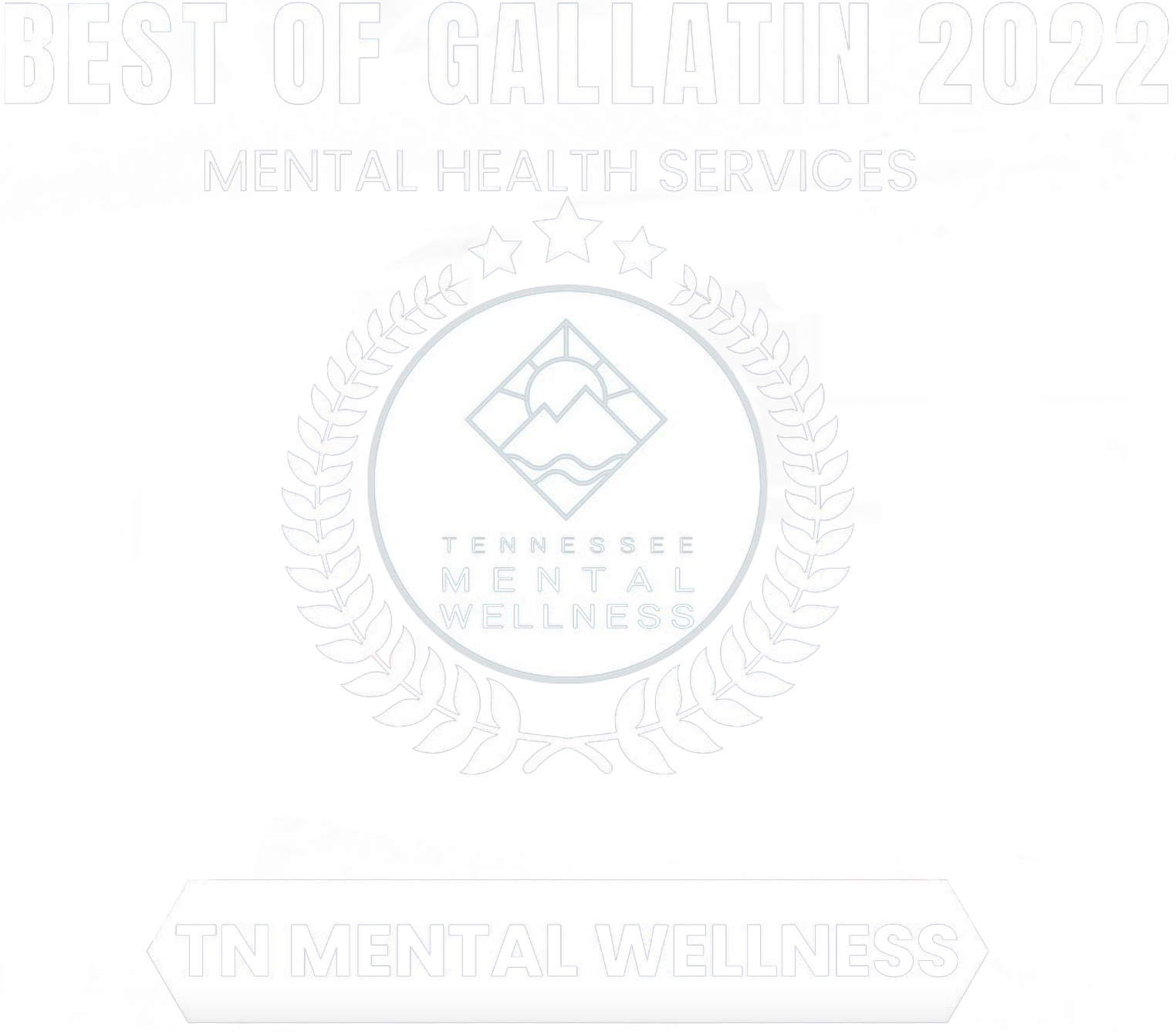
LEAVE A COMMENT